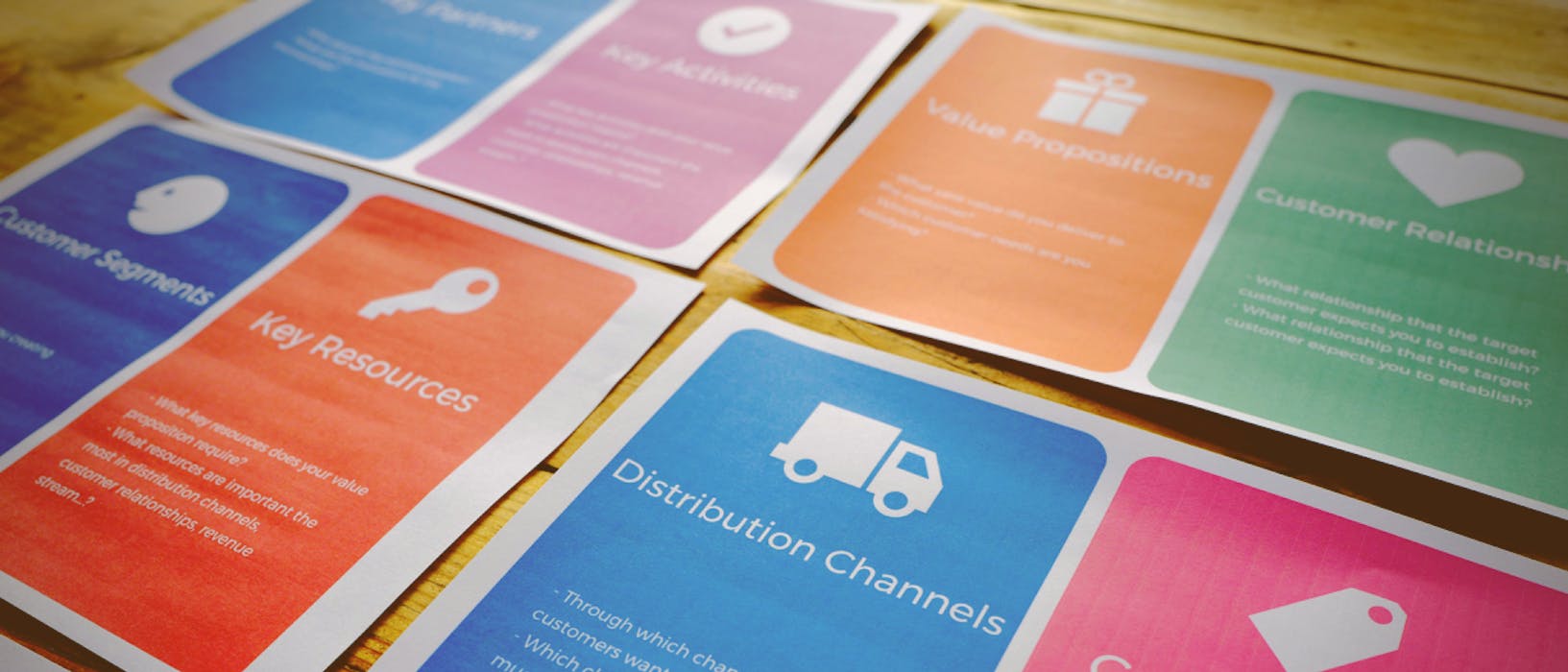By Tobin Harris
Managing Director, Pocketworks
January 15, 2020
Updated March 9, 2021
Mobile Technologies & Practices
Mobile Strategy: An app is for life, not just for Christmas



I was chatting to a client today who I’ve worked with since 2012. We got onto the subject of how apps fail.
To use his words “It’s like having another kid”. You can’t just buy it and then hope it looks after itself.
He’s fortunate enough to have achieved incredible success with his mobile app, which powers 50% of the bookings for his business, equating to over £30m in annual revenue. Not bad for a small SME that went national.
Not everyone achieves this level of success. He was telling me a sad story about how some of his competitors had invested £2m in their app over the last few years and were really struggling to get any kind of ROI on it. Even worse, they were thinking about pulling the plug.
Here’s a few lessons that we’ve learned over the years that might help shift your thinking on what it takes to launch a successful app.
My hope is that the lessons are useful if you’re forging an exciting new mobile strategy for your business. This might just help with some key decisions.
Lesson 1: Be prepared to change your business operations
If you want an app that brings a nice big positive impact on your business, you need to be prepared to do more than just make an app . You can’t just build an app and think it will change your world. There will be work to do in your business too.
Your business is part of the genius brain behind your app. So it’s logical that it should adapt to it’s new limb (excuse the terrible analogy).
So, you have to be prepared to change your business processes and sometimes introduce new ones, just to make sure the app gets results.
For example, say you’re a retailer and a customer searches for a product in your app. And sometimes they search for something and get no results. That will make customers disappointed, and even worse they’ll go elsewhere to find what they need.
What are you going to do about that? The right thing to do is to audit these “empty searches” every week, and then either update your offering so people get what they want, or setup a “We don’t have X but we can offer you Y” search result pointing them to an equivalent product.
This kind of attention to detail moves the “customer engagement needle” in the right direction – it makes people happy which makes them transact more in your app.
It also comes at a cost – you need to assign someone to do this audit (or whatever business process is needed).
Even if this example isn’t relevant to you, the key lesson here is that you have to be prepared to do new things in the business to make your app work.
Lesson 2: Sometimes you have to pay to stand still
True story…
We built an app for about £100K once, improved gradually over a couple of years. In 2015, Apple decided to drastically change the iOS operating system. This is all fine, except we needed to launch a new feature. And in order to do that we had to revamp the app to work on this latest operating system update. That revamp cost £25K. £25K just to stand still. And £25K is no small number – it’s 25% of the overall investment. Again, just to stand still. 🙁
It’s not like we are expensive, or the product was difficult to change. It was just a wide-reaching, invasive update to the entire app. Apple’s update broke a lot of things and they had to be put right in order to move forward.
This doesn’t happen that often, but it can happen, and it’s a real pain when it does. If you’re building apps, you need to be prepared for some hefty costs just to stay in the game. And be prepared to move some project milestones to allow for these kinds of “acts of god”.
Lesson 3: Be prepared to get it wrong
I should never tell this in sales meeting with new clients, but it’s the truth: When you build something new, the first few attempts won’t work very well.
This is true even if you think you’re a genius who knows your customers and business landscape inside out. It’s true even if you’re working with the worlds most amazing app development agency who charge £3,000 a day and have 1,024 awards.
Creating new things is a trial and error process. It’s R&D. And that means being prepared to spend money on iterating on ideas until they’re in the right shape.
This is why IBM, Gartner and Neilson Norman Group are so excited about design thinking. It’s a scientific method for iterating to success, and it works great with apps.
The reason I hate saying all this in sales meetings is that clients want to hear that they’re hiring a competent app design company who can just “make everything work”.
Of course, we can do that. But we need your support.
Successful apps are made by businesses who are desperate to get results, prepared to put a lot of thought time in, working with app agencies that embrace taking an idea around the block several times until it’s right.
Side Note: In case you’re worried that you’ll actually need to build your app several times, I have some good news. You can prototype stuff, which means you build your app with paper or still images, and then test those on people. That’s a lot cheaper.
The lesson here is that you need to have the head-space and time to see an idea go through several iterations, and provide input and thought. You can’t just leave it to your app developers to do this. It’s a collaborative effort and needs your full attention.
Summary
Lesson 1: Be willing and able to introduce changes to your business processes to support you app. Your app might look smart, but your business is the real hero here.
Lesson 2: Be prepared to pay to stay in the game. Ask your app developer to give support costs, and also get a feel for what reserve funds you should put aside for an “act of god” operating system change.
Lesson 3: If your developers’ app design process doesn’t include multiple iterations on a feature, find a new developer. Preferably one that does some kind of design thinking. It’s impossible to create an engaging successful app without getting it wrong in prototype stage. Also, expect the design process to be a healthy collaboration between your business and your developer. Make time for it.
Hope this was helpful. If you’d like any input on any of this, leave a comment or send me an email. Or, if you’re passing through Leeds, you’d be welcome to drop in to our studio for a coffee.
Making apps that make a difference
In case you're wondering, Pocketworks is a software consultancy that specialises in mobile apps.
We bring you expertise in user research, mobile technology and app growth tactics to help you develop apps that create positive impact for your customers, shareholders and society.
To get a flavour of us, check out our free guides and app development services. Or, see some more background info on us.
Wish you had found this earlier?
Enter your email below and get notified when we release new content.
